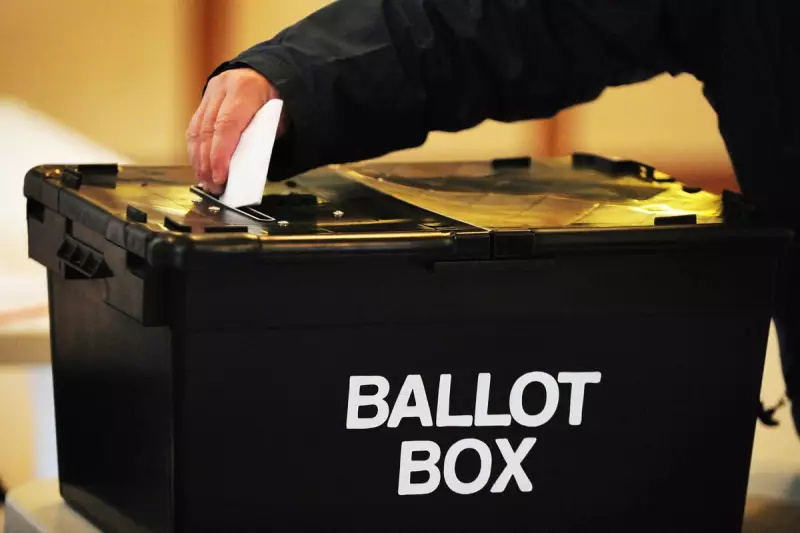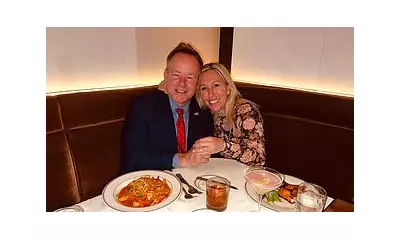
The UK political landscape could be set for a radical transformation as MPs prepare to vote on a landmark bill that would lower the voting age to 16 for general elections. The proposed legislation, spearheaded by Labour's Shadow Science Secretary Peter Kyle, represents the most significant potential expansion of the franchise in decades.
Currently, 16 and 17-year-olds can only vote in Scottish and Welsh parliament elections, as well as in local elections in Wales and Scotland. This bill aims to end what campaigners call a "postcode lottery" and grant equal voting rights across the United Kingdom.
A Long-Awaited Debate
The Private Member's Bill, scheduled for its second reading on Friday, 15 March, has reignited the passionate debate about youth enfranchisement. Proponents argue that if young people are deemed mature enough to work full-time, pay taxes, and join the military at 16, they should equally have a say in the country's democratic future.
Peter Kyle stated, "This is about strengthening our democracy and ensuring the voices of the next generation are heard where it matters most. It's fundamentally about respect and recognising the contributions young people already make to our society."
Government Opposition and Political Divides
Despite cross-party support from various backbenchers and organisations, the Conservative government maintains its opposition to the change. A government spokesman reiterated the longstanding position that adulthood responsibilities should come gradually and that 18 remains the appropriate age for voting in Westminster elections.
This political divide sets the stage for a classic parliamentary showdown. While the bill may pass its initial stage with support from opposition parties and sympathetic Tory MPs, its journey into law without government backing remains exceptionally challenging.
The Road Ahead
Even if the bill clears its parliamentary hurdles, its implementation would likely fall to the next government. With a general election anticipated later this year, the future of votes at 16 could become a key manifesto differentiator between the major parties.
The debate echoes similar discussions held during the 2014 Scottish independence referendum, which temporarily granted 16 and 17-year-olds the vote and was widely praised for engaging a new generation in politics.
As Friday's vote approaches, all eyes will be on Westminster to see whether the UK will follow the example set by Scotland and Wales and embrace a more inclusive democratic process.





